Alternative Schools in India – A turning point
News Mania Desk \ Piyal Chatterjee \ 21th january 2025
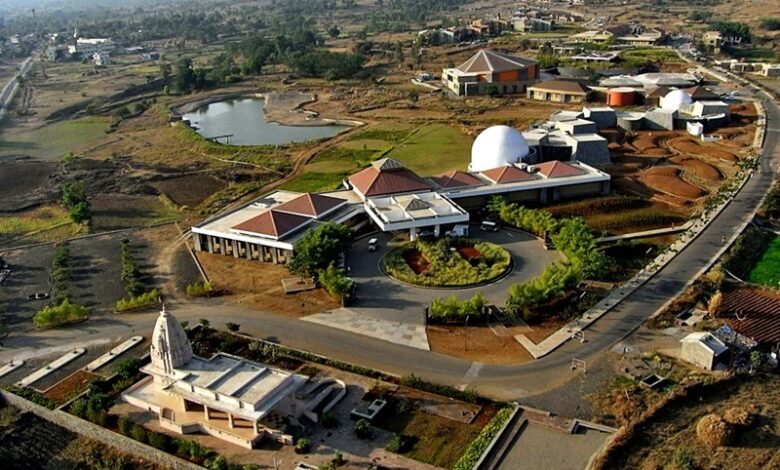
An alternative school is an educational institution with a curriculum and approaches that are unconventional. Such schools present various philosophies and teaching styles; some may have political, academic, or ideological leanings, while others consist of spontaneous groups of instructors and learners unhappy with certain features of conventional or traditional education.
Certain schools utilize pedagogical methods that diverge from the conventional approaches prevalent in their culture, while other schools cater to gifted students, children with special needs, those who have experienced academic setbacks or been expelled from their primary school, and students wanting to engage in a more flexible or less rigid learning environment, among others.
India is home to several schools providing alternative education options. They have invested significant thought and effort to build what they describe as a comprehensive educational system.
Rishi Valley School | Chittoor, Andhra Pradesh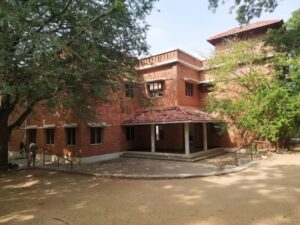
Located about 140 km from Bangalore in the heart of Andhra Pradesh is the Rishi Valley School. It accommodates 360 boarding students and aims to cultivate them into self-aware individuals who continually engage in lifelong learning. The school embraces a comprehensive method of education inspired by Krishnamurti’s educational philosophy. It emphasizes a relevant curriculum that is revised frequently and on fostering a passion for nature in the children.
Ukti | Noida
Ukti employs the teaching approach of the Waldorf alternative education program and instills academic, artistic, and practical excellence in its learners. The school emphasizes fostering a passion for learning and promoting independent thought.
Chinmaya Mission | all over India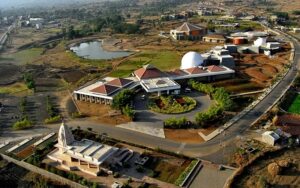
The ‘Chinmaya’ educational journey began as an ‘experiment in education,’ evolved into the ‘Chinmaya Vision of Education,’ and solidified as the ‘Chinmaya Education Movement.’ The Movement stands out as one of Chinmaya Mission’s greatest gifts to society. Starting from its modest origins on May 20, 1965, in Kollengode, Kerala (India), it has grown to include more than 88 Chinmaya Schools and Colleges, the Chinmaya International Residential School (CIRS) in India, and the first Chinmaya Vidyalaya beyond India, located in Trinidad (West Indies).
The school adheres to its unique foundational learning program – the Chinmaya Vision Programme (CVP) – which was created, developed, and executed by the CCMT Education Cell.
Isha Home School, Coimbatore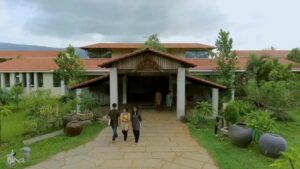
Isha Home School is situated in the serene environment of the Velliangiri Mountains close to Coimbatore, Tamil Nadu. Established in 2005 by Sadhguru Jaggi Vasudev, the institution aims to integrate his educational philosophy into its daily operations.
The Home School accommodates children aged 6-9 (Junior School) and 10-13 (Middle School) who both live and study in the same environment. As stated by the school, it effortlessly combines the finest elements of ‘home’ and ‘school’ to create a supportive environment for education. Every household is looked after by house-parents and educators. This multi-age setting fosters a sibling-like atmosphere that encourages students to learn from one another too.
Levelfield School, West Bengal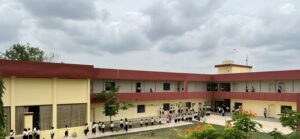
Learning occurs through conversation, discussion, and mutual understanding – whether in English, Mathematics, or any other topic; the method involves teaching with puzzles, applications, and games. The students rarely utilize textbooks. The classroom is outdoors, covering an area of 2.5 acres. “The concept is to animate content and present it in an engaging way,” states Arghya Banerjee, the founder of this school.
Veena Vadini institution, Madhya Pradesh
This institution is distinctive. Since Class 1, all 300 students are instructed to be ambidextrous! They also learn six languages!
The Yellow Train Academy, Coimbatore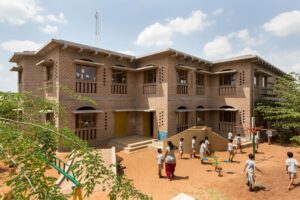
This school feels like an endless holiday where students develop together, acquiring the values essential for life. The emphasis is placed more on a child’s growth instead of on textbook instruction.
SECMOL, Ladakh
The Students’ Educational and Cultural Movement of Ladakh (SECMOL), initiated by Sonam Wangchuk, emphasizes hands-on learning, sustainable living, and a total departure from traditional education methods.






